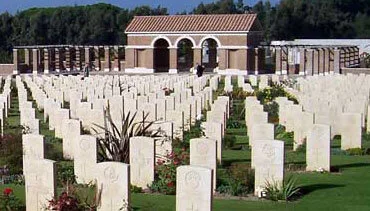words and photos by Sara Morgan
Most people are surprised to learn that I have never been to Disney World. That’s right – a middle class American mother of three school aged children that has never been to Disney World. Imagine it.
I am actually quite proud of this unique distinction. I am also proud of the fact that even though I have never being to Disney World, I have sunbathed nude on a beautiful, white, sandy, and very secluded beach. And no, I was not in another country at the time and I did not get arrested. Nope, I was less than 30 minutes from my rural home in South Louisiana.
 Don’t believe me? Take a look at a picture I took from a recent excursion to my private/semi-public beach. And no, I am not nude in the picture. In fact, the person way off in the distance is my six-year old daughter, who happened to join me on this particular all clothing outing.
Don’t believe me? Take a look at a picture I took from a recent excursion to my private/semi-public beach. And no, I am not nude in the picture. In fact, the person way off in the distance is my six-year old daughter, who happened to join me on this particular all clothing outing. I included the picture to give you a sense of how isolated and remote this beach is. The only footprints on the beach that day belonged to my daughter and me. The rest of the beach was pure white and the water in the creek beside it was cool and crystal clear. It was a perfect day and there was not another person in sight.
So, how is this possible? And, what did I mean by my private/semi-public beach?
The beach I am referring to is nestled deep within an upscale senior community; a community that prides itself on its well manicured golf course, but not on the spectacular beach that is accessible from one of their overlooked fitness trails. In the three years since I discovered the beach, I have come across only a handful of people out walking dogs on the fitness trail, and no one on the actual beach.
















